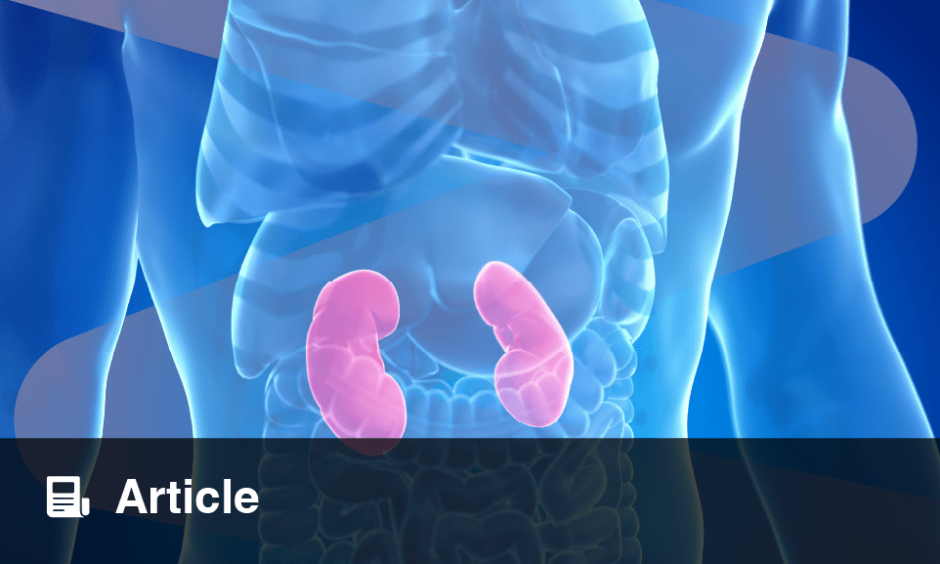A NEW study has provided groundbreaking insights into the dietary habits of individuals with chronic kidney disease (CKD) in the UK, underscoring the importance of personalised nutrition therapy. Until now, research has not focused on realistic dietary habits of patients when addressing the role of diet.
Researchers conducted a multi-centre observational cross-sectional study involving 696 adult participants (average age = 64.7 years; 61% male; 89% White British) diagnosed with CKD stages 1–5, who were not yet on dialysis. The mean estimated glomerular filtration rate (eGFR) was reported at 36.6 ml/min/1.732 m², indicating varying degrees of kidney function among the participants.
Participants’ dietary intake was assessed using the European Prospective Investigation of Cancer in Norfolk Food Frequency Questionnaire. The research team then used Logistic Principal Components Analysis to identify clusters of food groups. Differences in food consumption across various CKD stages were analysed using univariate general linear modelling. The team also assessed variations in food consumption between genders.
Results showed significant differences in dietary patterns across CKD stages. For instance, patients in the early stages (1–2) consumed more nuts and seeds compared to those in stage 4. Additionally, women were observed to have a higher intake of fruits and vegetables compared to men. When compared to a reference cohort, CKD patients generally consumed fewer cereals and cereal products but had a higher intake of meat and meat products. Differences in micronutrient intake were minimal, although Vitamin B2 and calcium levels were higher in the early stages of CKD.
The research team commented that this study “highlights the complex and varied dietary patterns among CKD patients,” adding that “these findings emphasise the necessity for dieticians and healthcare providers to consider individual treatment modalities and disease stages when making dietary recommendations.”
The novel a-posteriori approach of this study provides a nuanced understanding of the dietary needs of CKD patients, paving the way for more tailored and effective nutritional therapies and taking a step forward in the management of CKD through diet, promising better health outcomes for patients. As dietary patterns become an integral part of managing chronic diseases, this study provides valuable insights that could transform dietary guidelines for CKD patients in the UK and beyond.
Victoria Antoniou, EMJ
Reference
Wilkinson TJ et al. Comparison of dietary patterns and daily food intake across kidney disease stages in England: a-posteriori cluster analysis. 2024;DOI:10.1053/j.jrn.2024.07.010.








